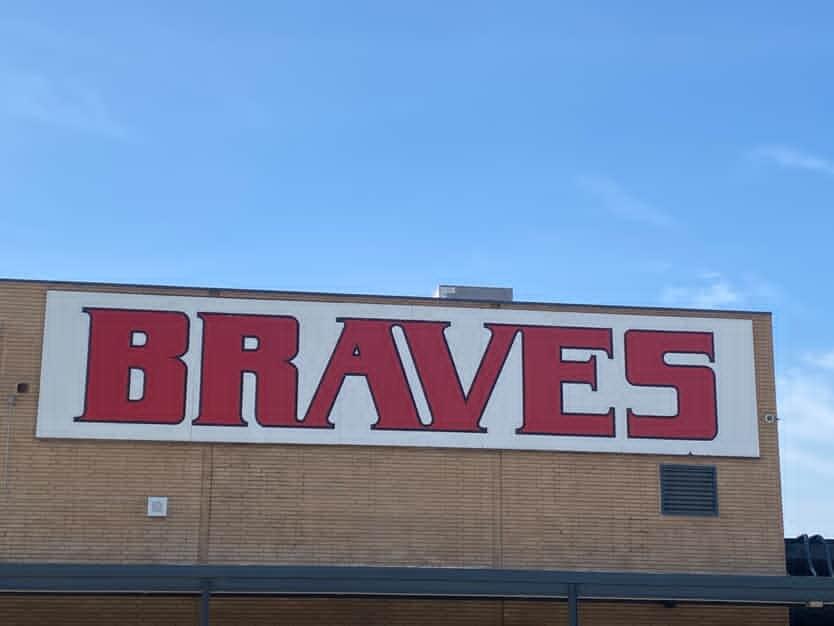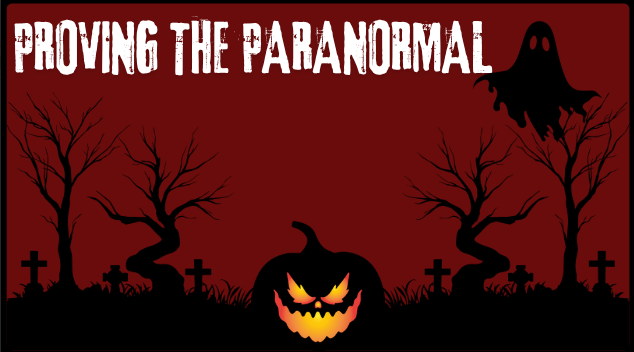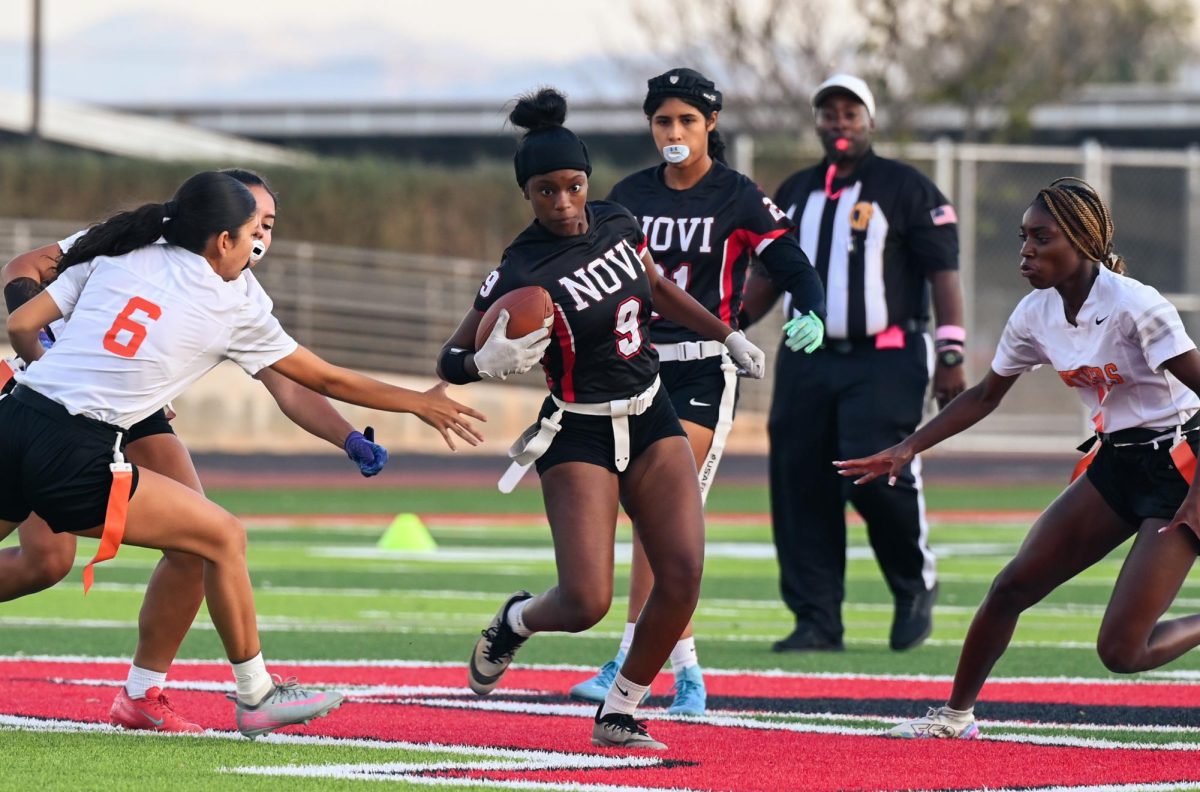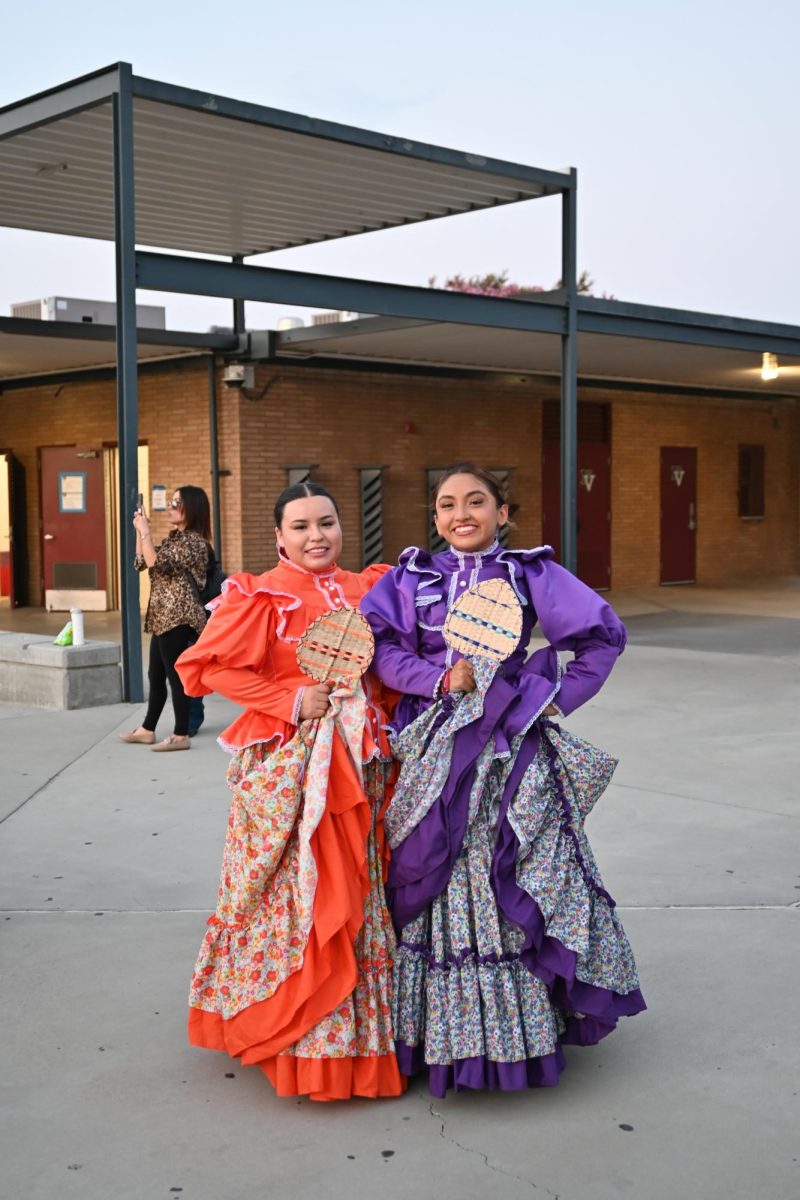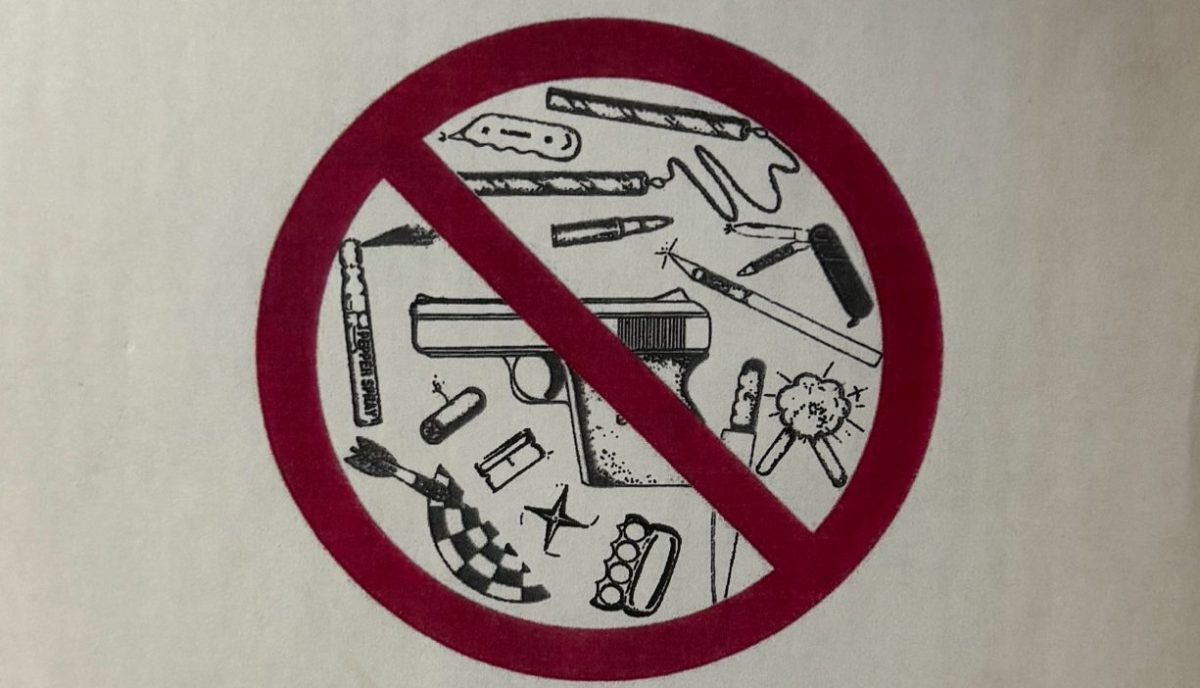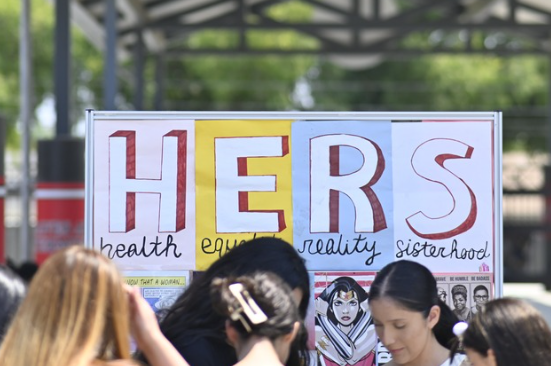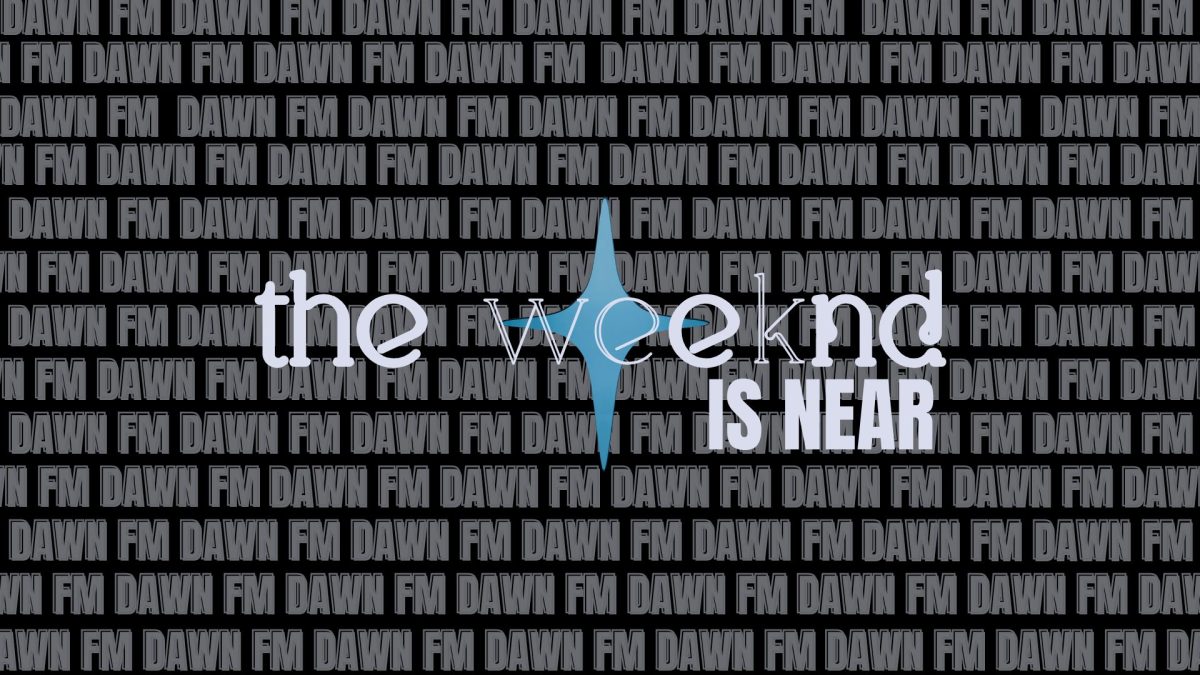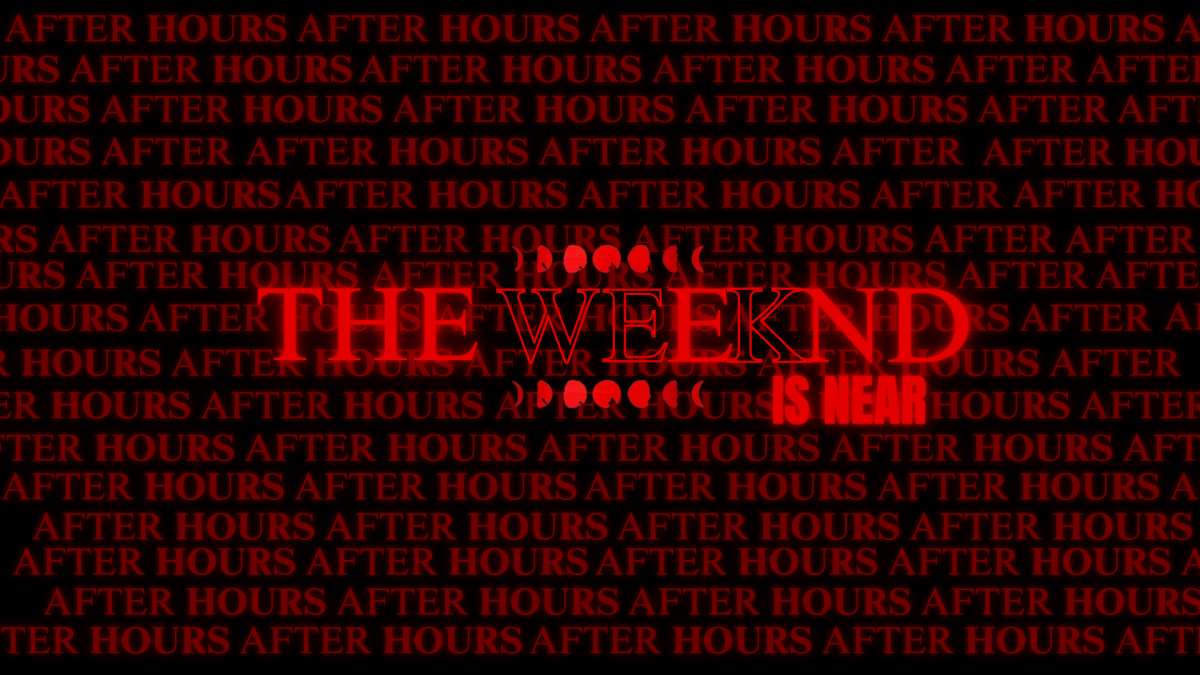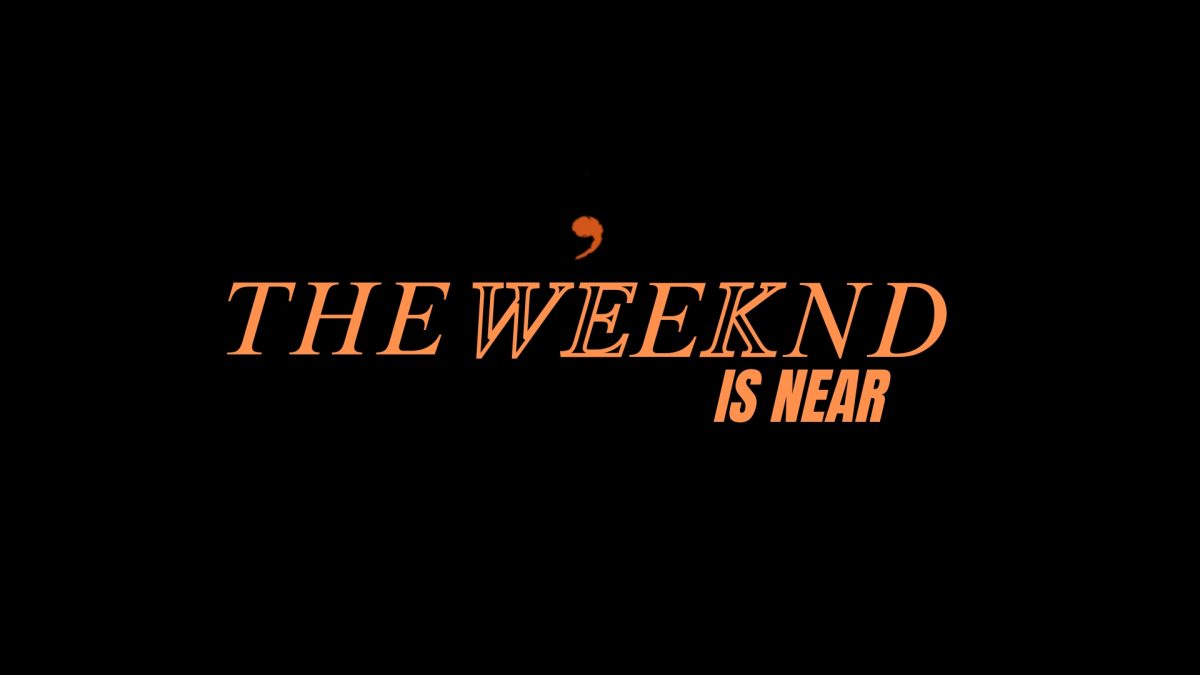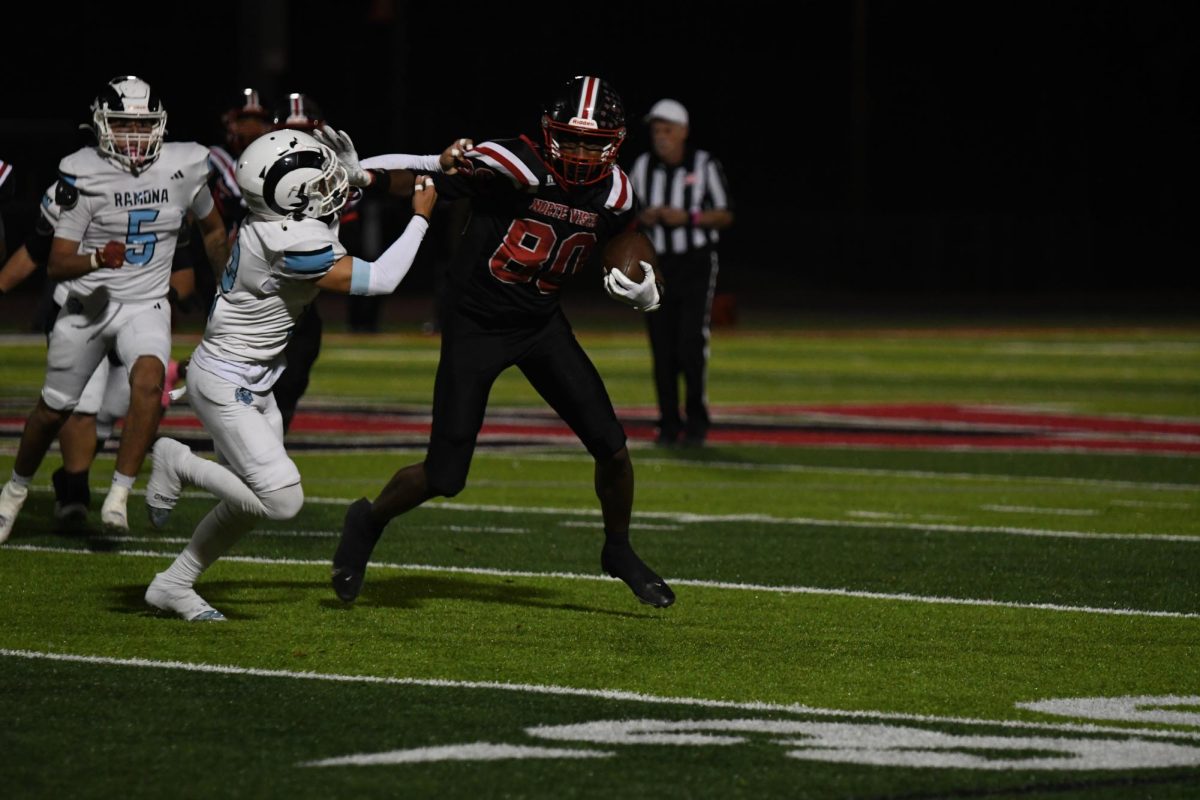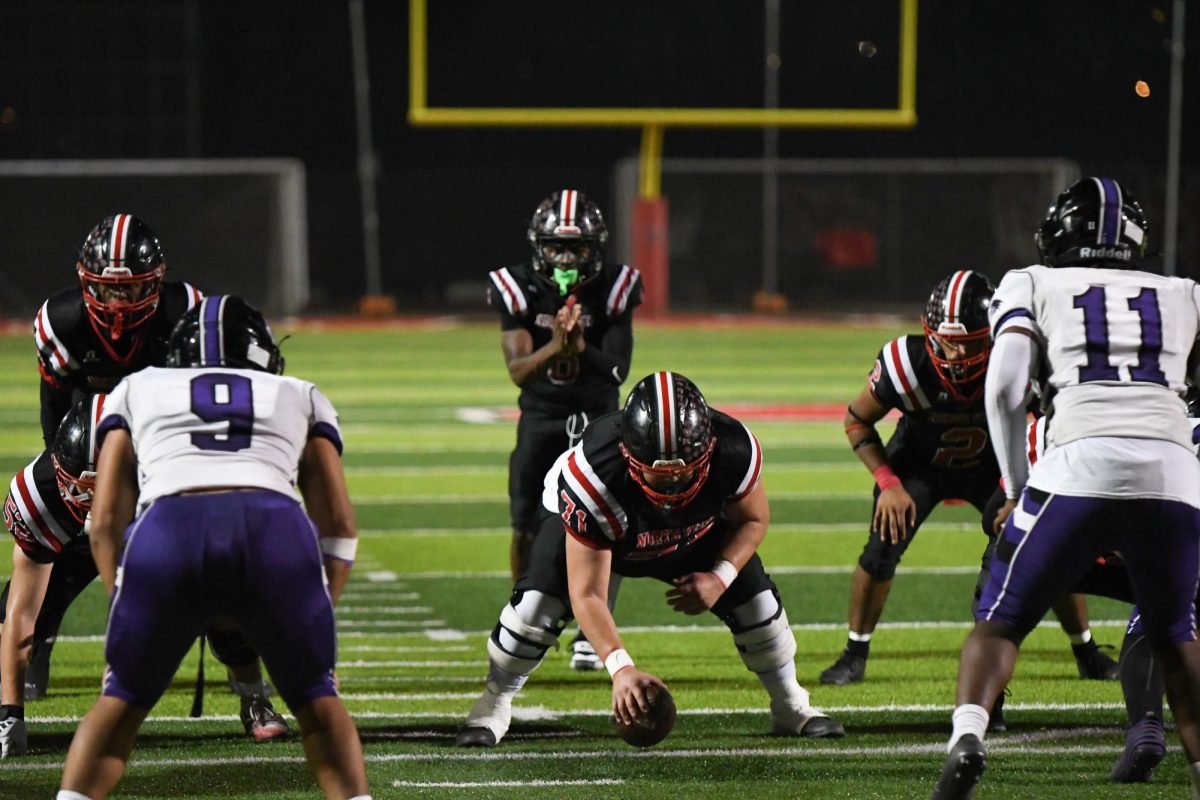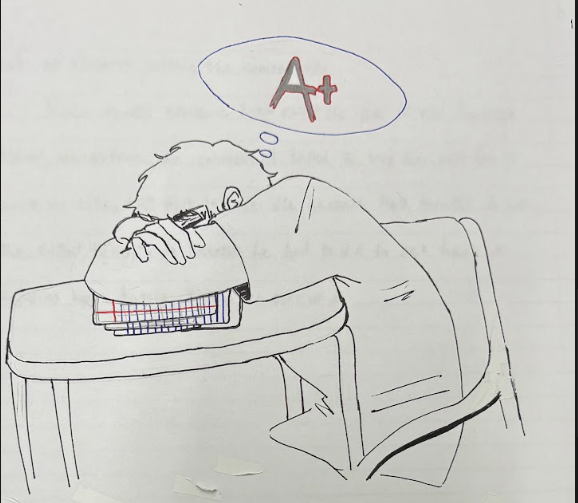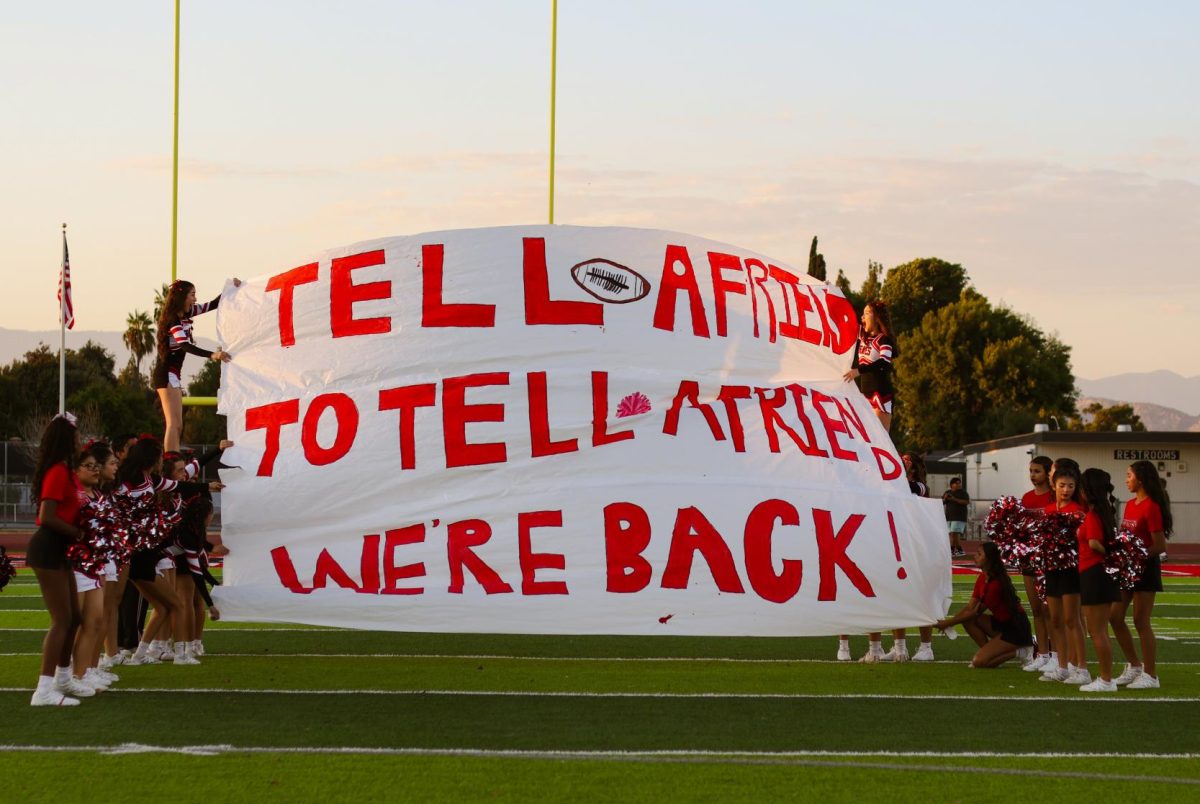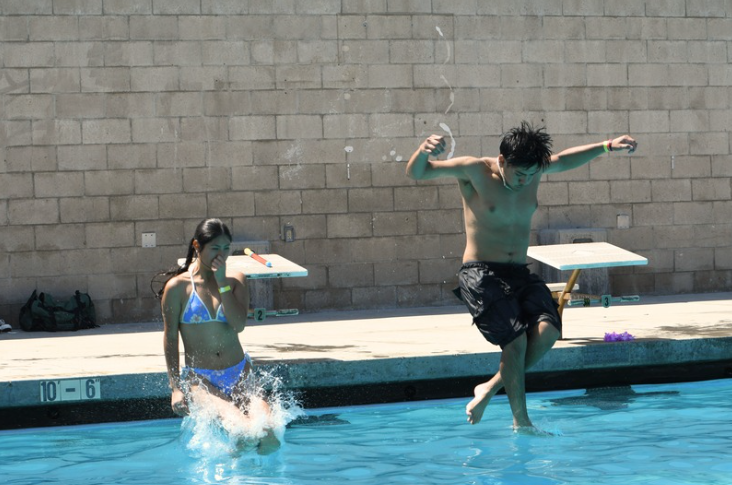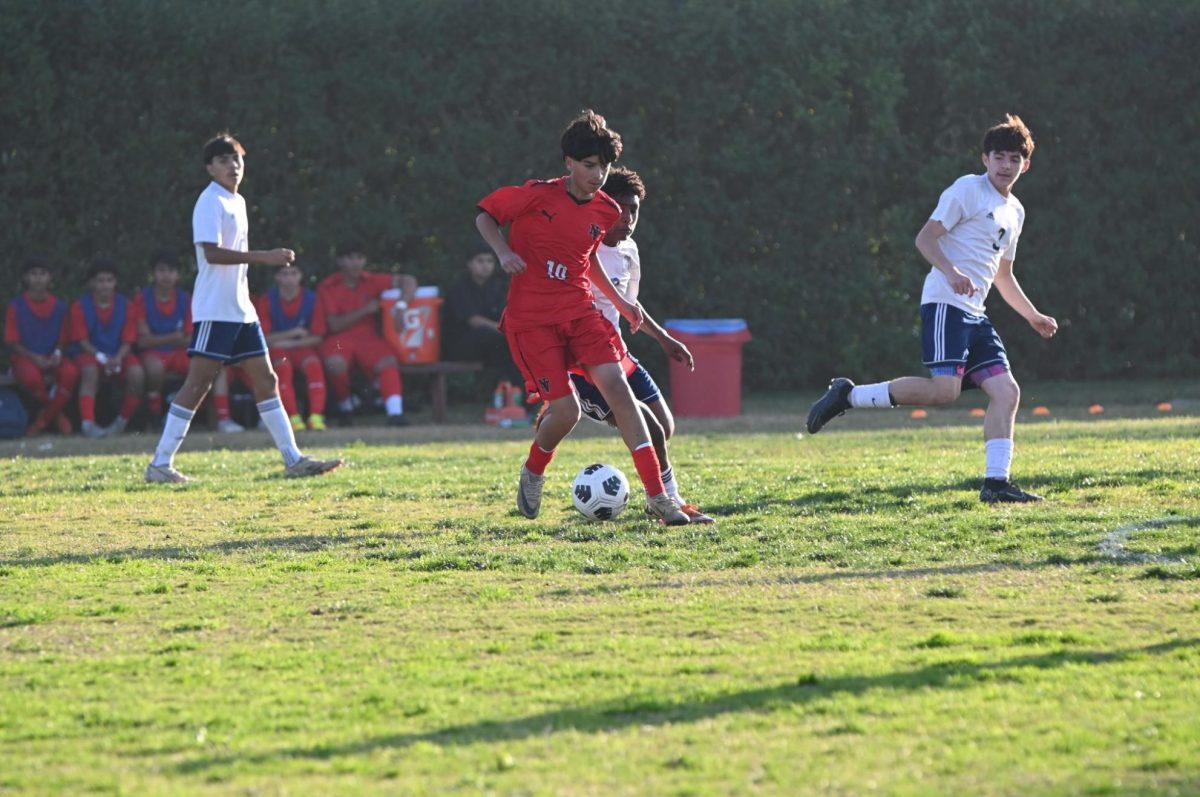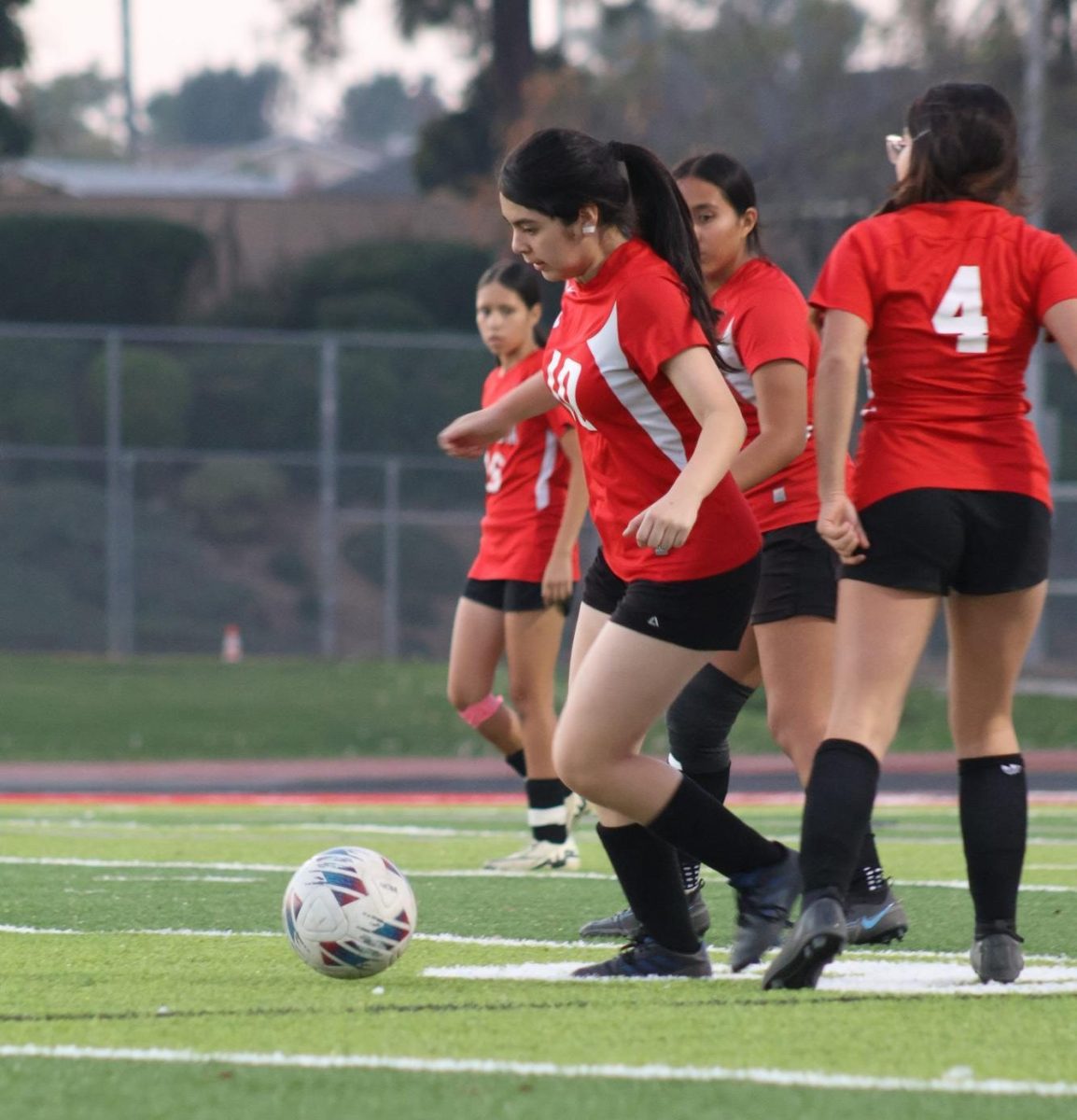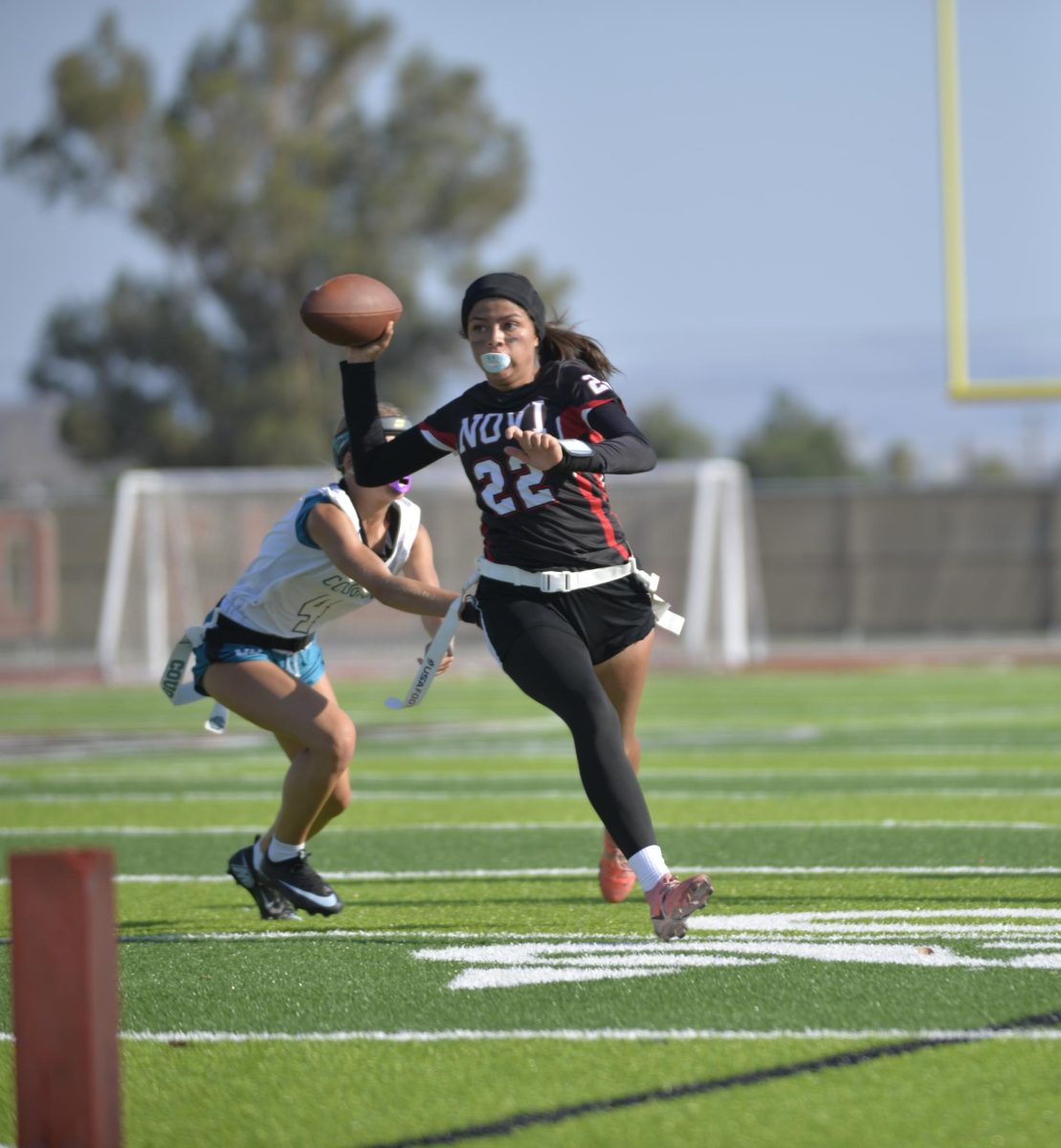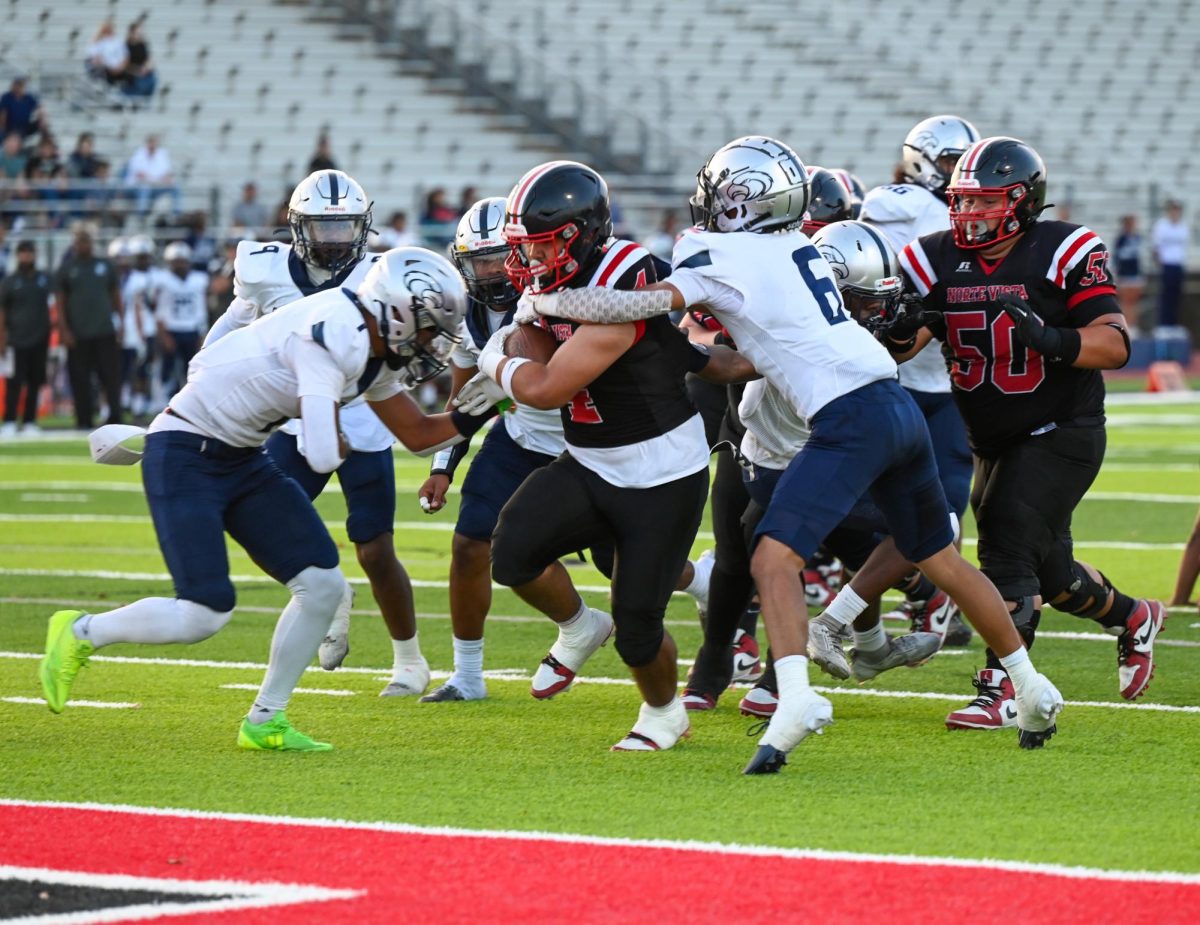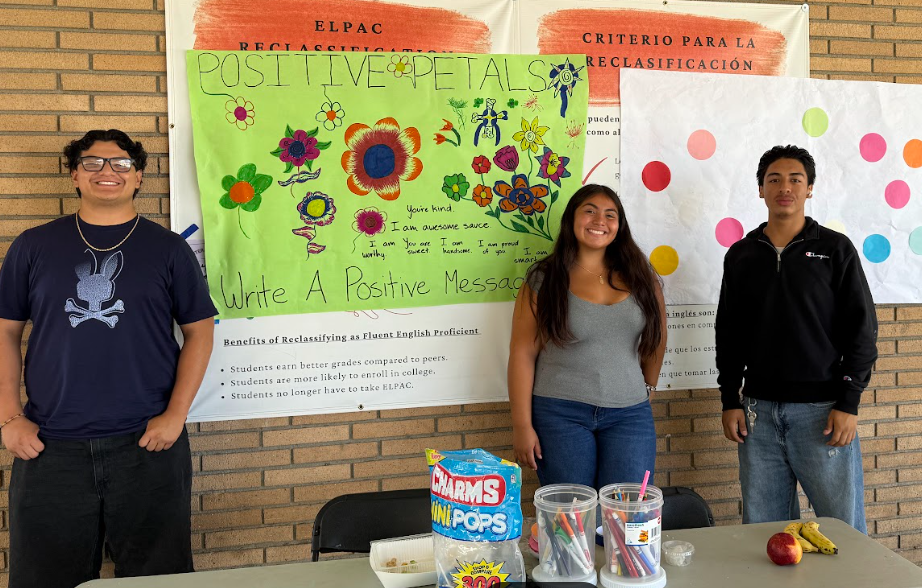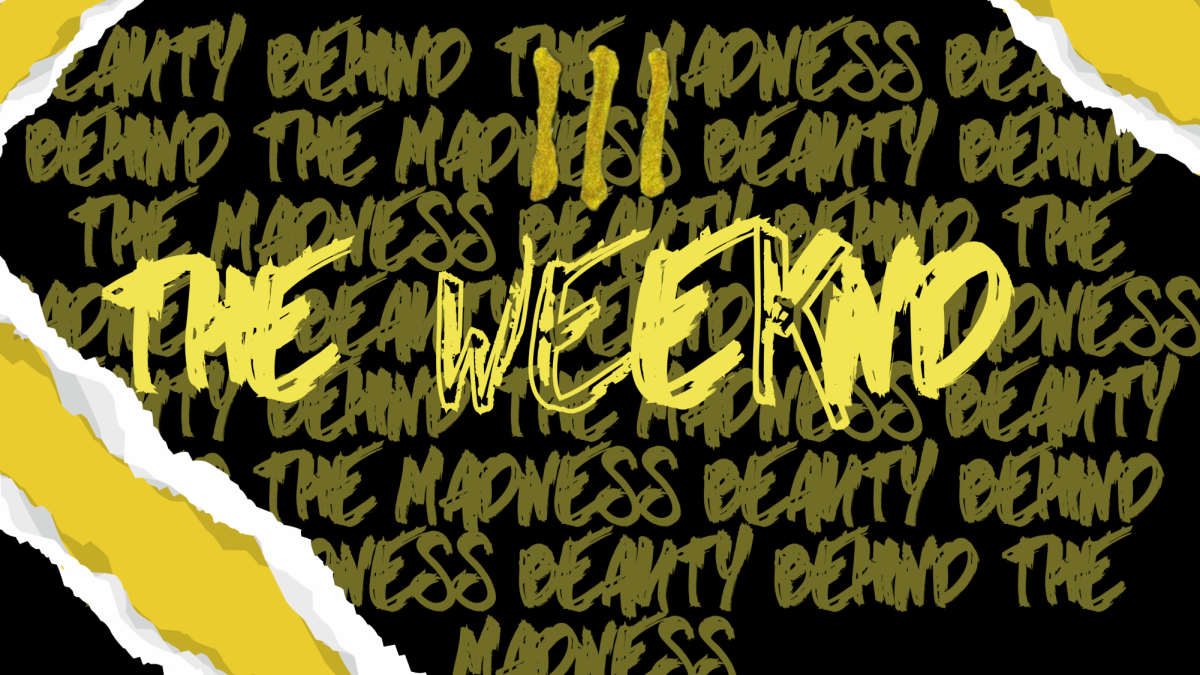BEAUTY BEHIND THE MADNESS: THE WEEKNDS CONTINUOUS CYCLE OF TEMPTATION
People say that “Beauty Behind The Madness” is The Weeknd’s weakest album from a storytelling perspective, but I disagree, This album shows The Weeknd expressing how he sees the music industry and how he resents it.
The album blends a raw unfiltered story of the music industry and a heartfelt story. Abel wastes no time with the opening in this album, starting with “Real Life,” he immediately immerses us into his world with his lyrics like “Don’t waste precious tears on me, I’m not worth the misery. I’m better off when I’m alone.” Abel is spending this opening to speak about his dilemmas since youth which have left him with relationship issues, self-harm, and even his moral questioning. This song is a pretty solid opening to what we can expect for this album and with the next song we get a view of how his life is going so far.
In “Losers” we hear Abel is not yet free from his emotions. After the start of his career, Abel seems to still be attached to his dark path, but it seems to go back where it all started in track three, “Tell Your Friends.” In this track, Abel is distracting himself with women and drugs, in hopes of a solution, but in the music video for this track, he seems to introduce a whole new depth in this story. At the start of the video, there’s a burning bush, which is supposed to represent the presence of god and spirituality, but he ignores it. He puts more attention into burying himself, which is symbolic for him, it’s him internalizing his emotions and demons that have been torturing him and then proceeds to walk away. Abel begins to speak about how he’s going to spoil himself before being approached by this creepy red-haired man. The man is alluded to as the devil, but Abel rejects his presence by shooting him, getting in a car, and driving away.
In the track “The Hills” we get the sense that he’s disconnected and he doesn’t seem happy at all and by the start of the track, Abel finally comes across the consequences of his actions. In the music video, he crashes the car he was driving in the last music video, perhaps because he was high. There’s a good chance this takes place after the “Often” music video. This lifestyle he’s living is only putting him in a deeper hole of pain and suffering. Abel’s true pain is being exposed with the lines “When I’m fucked up that’s the real me,” Abel is back at square one and is realizing that this lifestyle is keeping him in a constant circle. He’s feeling stuck, and unhappy, and this is why at the end of the music video the creepy old man, the devil, is alive and holding a red apple, which symbolizes temptation. But what is being tempted? Well unfortunately it’s what most artists do in the music industry, selling your soul for more fame, and what Abel is hoping for, happiness.
In both tracks 6 and 7, “Acquitted” and “I Can’t Feel My Face”, Abel falls in love(again) and this woman shares Abel’s pain, but Abel is afraid that they’ll fall too deep in love and be influenced by his lifestyle, but he eventually fails at keeping a distance. By the end of track 6, she is completely influenced by Abel, and in track 7 he talks about drugs and how he abuses them, but this time he has taken someone else along with him, his partner. In the music video Abel performs on stage to a dead audience(not literally) and sitting amongst them is the devil, who eventually lights him on fire, symbolizing how he fell into the temptation of fame. This fire is an attention grabber to the audience and has them finally engaging in his music and attention, but it’s also killing Abel and people are unknowingly listening to a man singing about his destructive battle with addiction and they love it. Throughout the next few tracks, his partner leaves him.
By track 10, “In The Night,” it’s here where Abel remembers his history with the woman he lost due to his addiction and he finally reveals how her own life allowed her to understand his pain and experiences. Through the lyrics and music video, we find out that the woman is an exotic dancer. Because she’s seen the streets and has been exploited and abused, Abel and she could both relate to each other like no one else. Track 11 follows this up with “As You Are,” where Abel is struggling with this loss, this track is about him trying to win her back with lyrics like “I’ll take you as you are, yeah. Show me your broken heart and all your scars.”
For the rest of the album, Abel seems to remember his dark times and thought he could never go back to the way he was, believing that no one could love him. He takes the time to reflect on all that he’s done and takes the first step to truly healing, which is putting an end to his denial and coming to terms with the fact that he’s addicted to his lifestyle.
The last track, “Angel,” puts an end to both the story points in this album. Angel can be seen in two ways, a final plea to his lover or it can be seen as Abel making a spiritual plea asking for redemption, but that’s one he doesn’t leave ambiguous. He talks more about it in his next album, Starboy.
Your donation will support the student journalists of Norte Vista High School. Your contribution will allow us to cover our annual website hosting costs.

